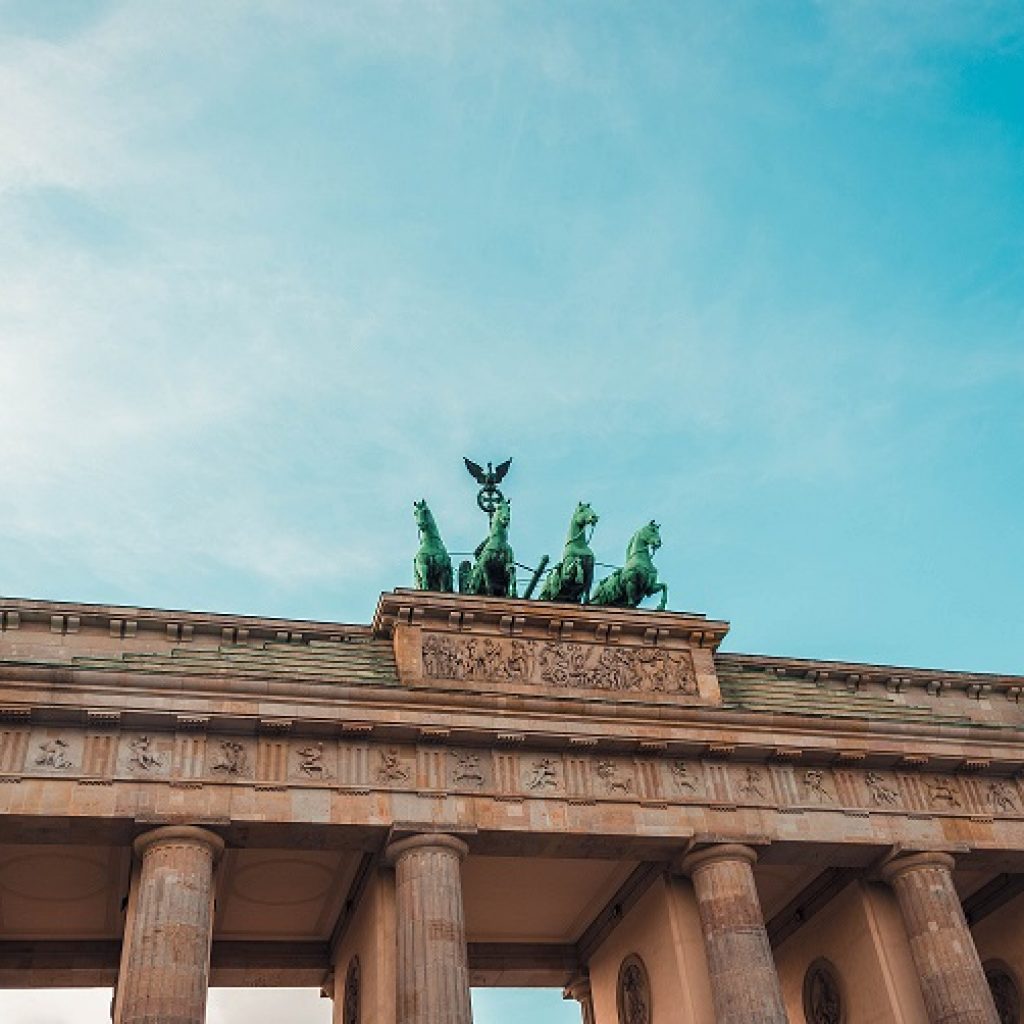Early this year, the state of Berlin has declared 8th of March to be an official public holiday to honor International Women’s Day. It is the first federal state in Germany (one of sixteen) to vote on the women’s day as a public holiday and the initiative is to make women’s rights issues and women’s achievements more visible in the capital of Germany.

To “achieve gender equality and empower all women and girls” is one of the seventeen UN Sustainable Development Goals. Although discrimination against women in social, political and economic levels have been diminishing around the world, gender equality has not yet been completely achieved; there is still a lot to be done to reach equality between men and women not only in developing regions, but also in developed countries with strong educational and economic progress.
In Germany, for example, ‘gender pay gap’ or ‘wage gap’, which refer to the difference between the salaries of women and men who do the same job, is one of the hot topics. According to the Federal Statistical Office (DeStatis), the average wage for women in Germany in 2016 was 21% below the average wage of men.
This year, 8th of March is not only marked with demonstrations and activism, but also by various arts and music events, panel discussions and exhibitions in Berlin. It is a symbolic step forward in women’s right issues and provides women’s rights activists with another platform where they can reflect upon their demands for achieving gender equality.